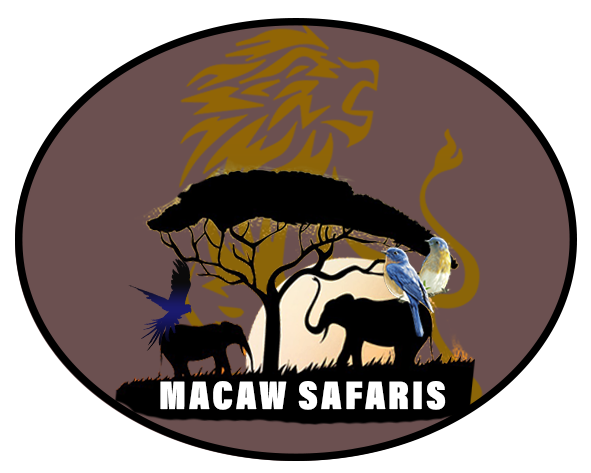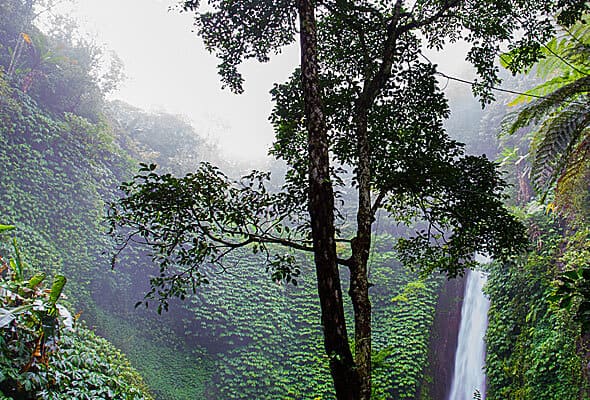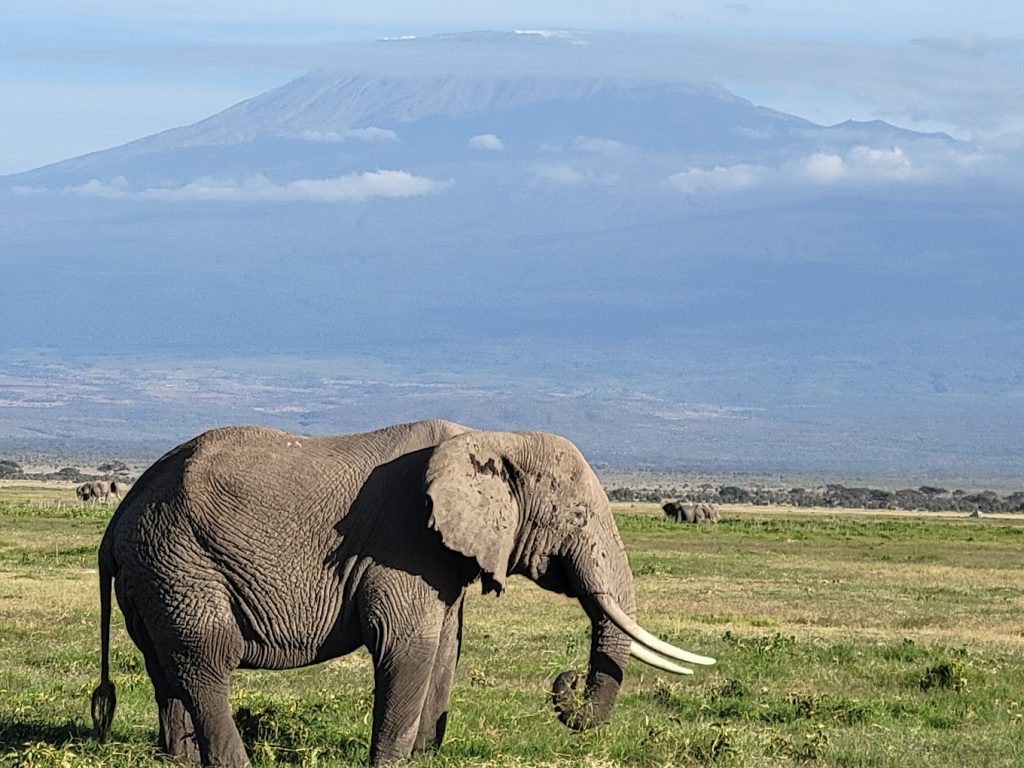Hyenas often get a bad reputation due to myths and media portrayals, but these highly intelligent and social animals play a crucial role in maintaining the balance of ecosystems. Understanding why we need hyenas is essential for biodiversity and environmental health.
1. Nature’s Clean-Up Crew
Hyenas are expert scavengers. They consume animal carcasses that would otherwise rot and spread disease. By cleaning up leftovers from predators or natural deaths, hyenas reduce the risk of disease outbreaks in the wild and even in nearby human communities.
2. Skilled Hunters That Support Biodiversity
Contrary to popular belief, spotted hyenas hunt up to 70% of their own food. By preying on the weak or sick animals, they help control prey populations and support natural selection. This keeps ecosystems balanced and healthy.
3. Key Players in the Food Chain
Hyenas provide food for other species as well. Their kills may feed vultures, insects, and even other scavengers. Without hyenas, the food web would suffer major disruptions, affecting everything from large predators to decomposers.
4. Indicators of Ecosystem Health
Because they are so closely tied to other species, hyena populations are good indicators of ecosystem stability. A decline in hyenas often signals broader environmental problems, such as habitat destruction or loss of prey species.
5. Cultural and Scientific Importance
Hyenas are subjects of fascination in folklore and science. Studying their complex social structures, vocal communication, and survival strategies provides insights into evolution, animal behavior, and ecology.
Hyenas are not villains—they’re vital guardians of the wild. By protecting hyenas, we protect the ecosystems they help balance. Conservation efforts for hyenas support a healthier planet, making these misunderstood animals far more valuable than many realize.



